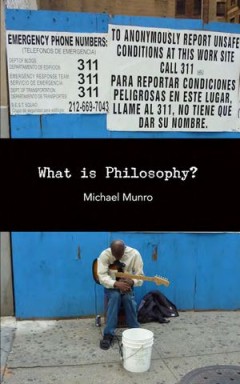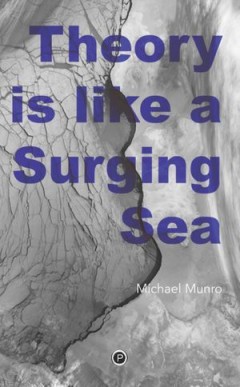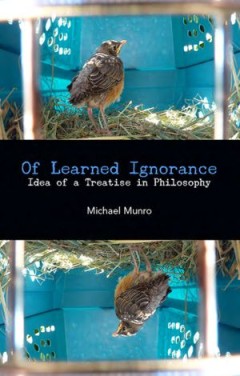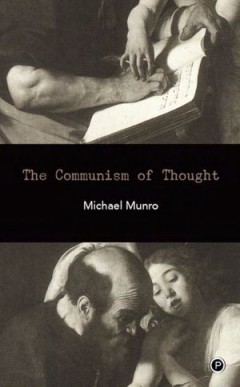Filter by

What Is Philosophy?
“Every written work,” Giorgio Agamben opens the preface to Infancy and History, “can be regarded as the prologue (or rather, the broken cast) of a work never penned, and destined to remain so.” Although that observation applies to any work of writing, the exemplary case is that of a work of philosophy. While every written work is put to work in its nonexistent successor, a work of philo…
- Edition
- -
- ISBN/ISSN
- 9780615685137
- Collation
- -
- Series Title
- -
- Call Number
- -

Theory Is Like a Surging Sea
In a 1917 letter to Gershom Scholem, Walter Benjamin writes, “Theory is like a surging sea.” This small book takes more than its title from that line—it takes that line as a point of departure in Erich Auerbach’s sense, an Ansatzpunkt, as a compositional principle so that what follows can be read in its entirety as a gloss on the remainder of Benjamin’s sentence: “Theory is like a s…
- Edition
- -
- ISBN/ISSN
- 9780692283950
- Collation
- -
- Series Title
- -
- Call Number
- -

of Learned Ignorance
What is a problem? What’s asked in that question, and how does one even begin to take its measure? How else could one begin, except as one does with any other problem—by way of its impulsion. Of Learned Ignorance: Idea of a Treatise in Philosophy is about philosophy because philosophy is about problems: philosophy, in a word, is where problems become a problem. After Anti-Oedipus, in the Ka…
- Edition
- -
- ISBN/ISSN
- 9780615822549
- Collation
- -
- Series Title
- -
- Call Number
- -

The Communism of Thought
The Communism of Thought takes as its point of departure a passage in a letter from Dionys Mascolo to Gilles Deleuze: “I have called this communism of thought in the past. And I placed it under the auspices of Hölderlin, who may have only fled thought because he was unable to live it: ‘The life of the spirit between friends, the thoughts that form in the exchange of words, by writing or in…
- Edition
- -
- ISBN/ISSN
- 9780615986968
- Collation
- -
- Series Title
- -
- Call Number
- -
 Computer Science, Information & General Works
Computer Science, Information & General Works  Philosophy & Psychology
Philosophy & Psychology  Religion
Religion  Social Sciences
Social Sciences  Language
Language  Pure Science
Pure Science  Applied Sciences
Applied Sciences  Art & Recreation
Art & Recreation  Literature
Literature  History & Geography
History & Geography